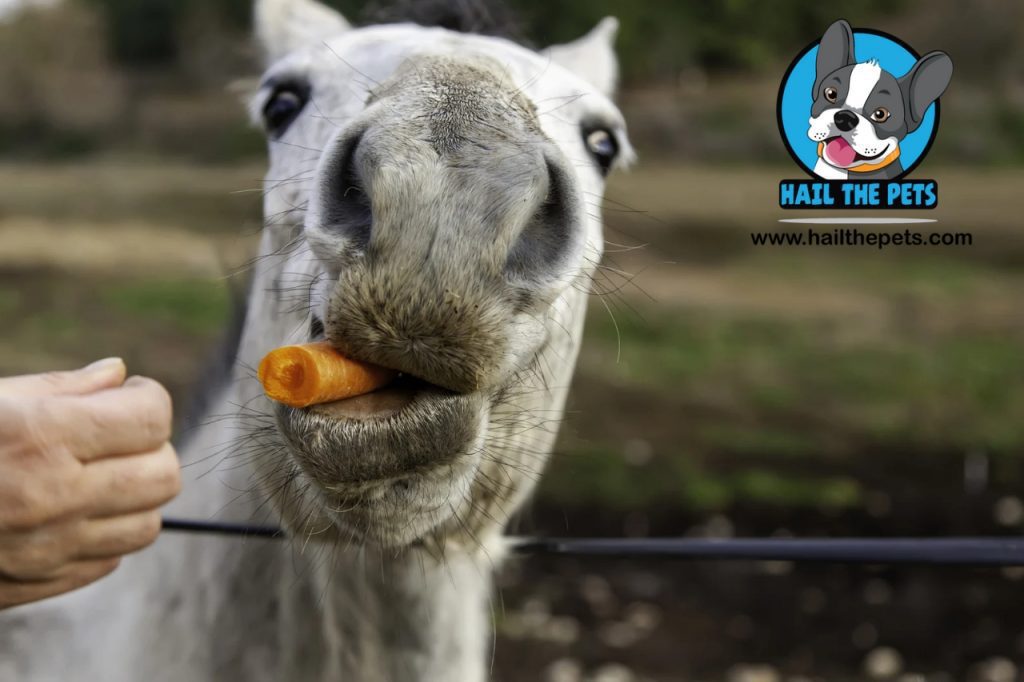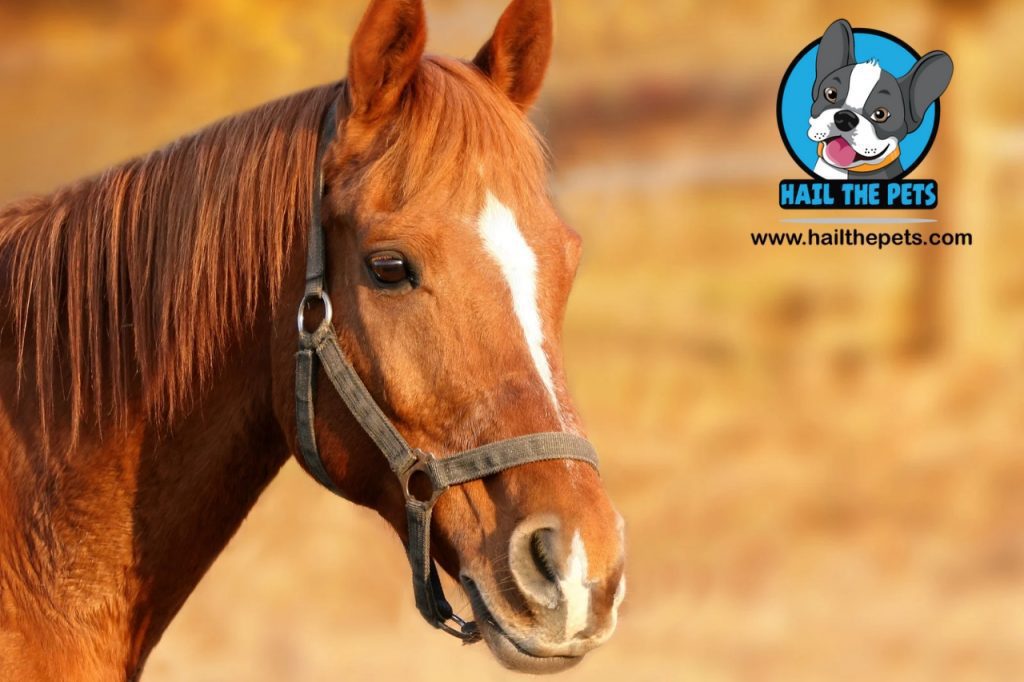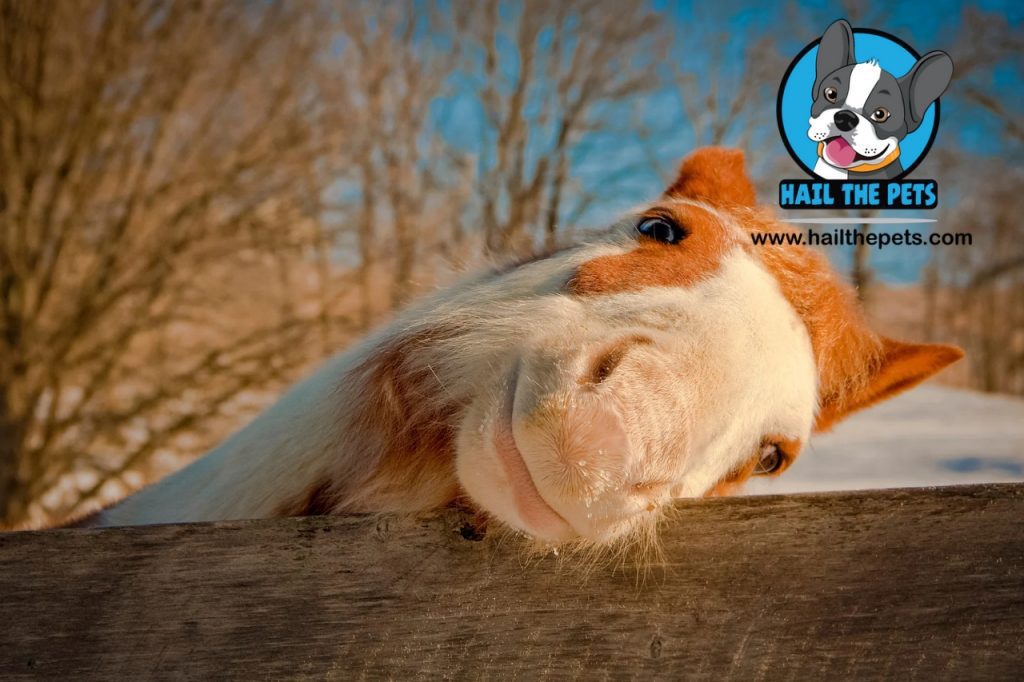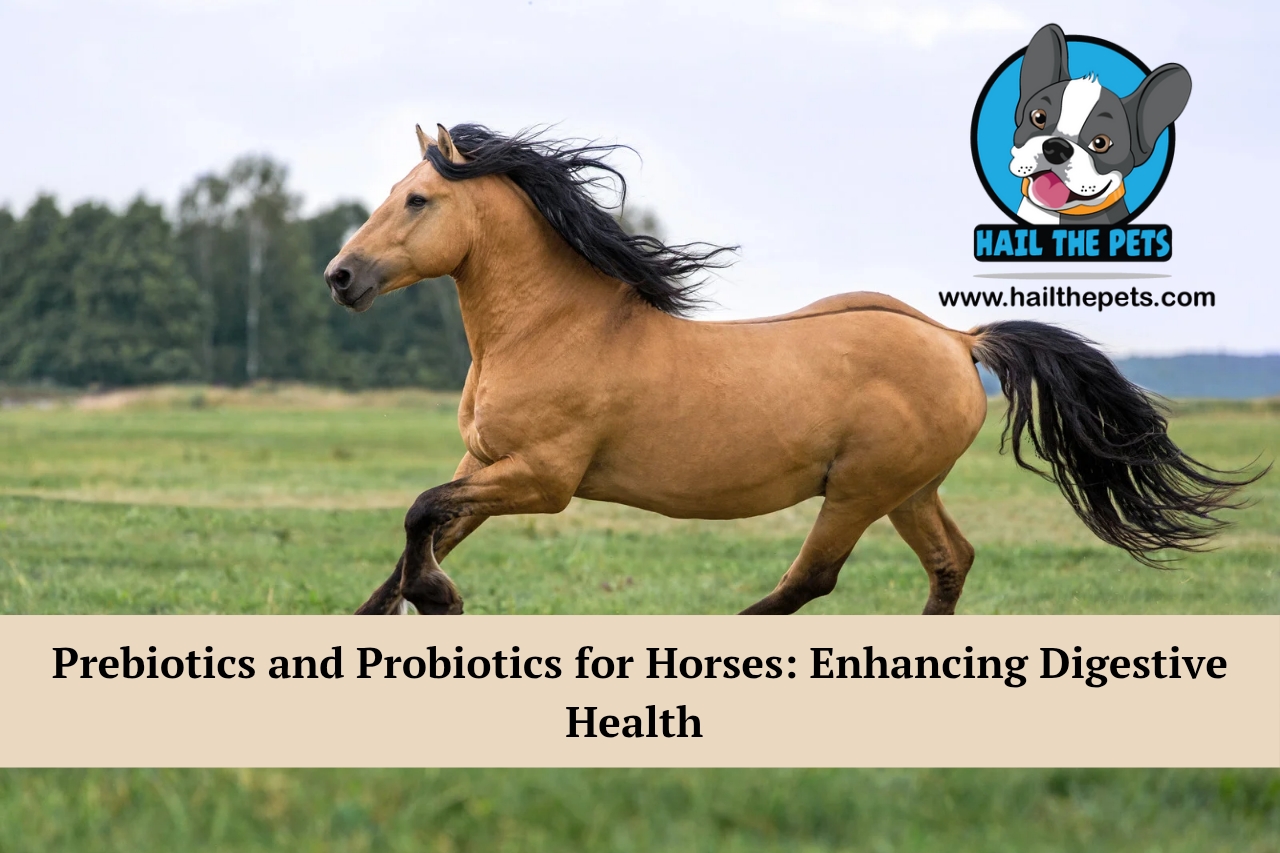Anna had nearly given up on her mare Daisy. Once spirited and sharp, Daisy had turned listless and disinterested in food. Her coat lost its sheen and her performance lagged during rides. Anna tried new feed mixes and supplements but saw no change. The vet ruled out major illness and suggested something simple. Try adding prebiotics and probiotics for horses into Daisy’s routine.
Anna added a natural digestive aid to Daisy’s feed. Within two weeks the mare’s eyes lit up again. Her energy returned and her appetite came back strong. This was Anna’s first real experience with gut health support. It changed literally everything. Let us dive into what these gut helpers are and why your horse might need them more than you think.
Read more: Stress Signs in Pet Fish: How to Identify and Reduce Aquarium Stress – June 2025
Understanding Prebiotics and Probiotics for Horses
The terms prebiotics and probiotics for horses are more than buzzwords. They are important tools for supporting health from the inside out. Many owners are learning how gut health influences behavior, immunity and physical condition. But using supplements wisely takes more than a glance at a feed label.
In this guide we explore how prebiotics fuel good bacteria. We also explain how probiotics introduce helpful microbes into your horse’s digestive system. You’ll discover the benefits of probiotics in equine diets and get real-world examples and expert-backed tips. We’ll highlight which equine gut health supplements work best and how to select natural solutions.
Read more: Pet Mouse: Creating the Perfect Habitat for Your Pet – June 2025
By the end, you’ll know how to improve digestion, prevent upset and maintain overall health using the right mix of prebiotics and probiotics for horses.

Benefits of Probiotics in Equine Diets
A healthy horse begins with a healthy gut. Horses rely on microbes to digest fibrous feeds such as hay and pasture. Probiotics help to maintain this balance and promote healthier digestion. Without good bacteria, discomfort and sickness occur quickly.
Horses that have digestive problems such as bloating and diarrhea are a perfect fit for probiotic supplements. Probiotics help maintain normal digestion even under stress. They also support immune strength and energy levels.
Read more: Adopting A Senior Cat: Rewards and Responsibilities – June 2025
Horses receive a variety of probiotic bacteria strains to help balance the gut microbiota, promote gut health, and digestion. The five most commonly utilized strains are Lactobacillus acidophilus, Lactobacillus fermentum, Lactobacillus casei, Lactobacillus plantarum, and Enterococcus faecium.
A 2020 study in the Journal of Equine Veterinary Science found that Lactobacillus probiotics boosted feed efficiency by 12%. This study shows that healthier horses lead to financial savings for their owners.
Equine Gut Health Supplements
Each horse has a distinct gut microbiota. Equine gut health supplements help to support the ecosystem by giving enzymes, fiber, and beneficial bacteria. These items aren’t identical. What works depends on age, diet, workload and stress levels.
Rafiq’s gelding Sultan dropped weight quickly last winter. Deworming didn’t help. A trainer suggested a yeast-based gut health blend. After a few weeks, Sultan’s digestion improved. He slowly regained lost weight and returned to form.
Most quality supplements like Visceral, Bio-sponge, Platinum Performance DJ, Platinum Performance Equine, or Platinum Performance GI now combine prebiotics and probiotics for horses. These supplements blend aid digestion and stabilize the gut during feed changes or recovery.
Good forage and a simple grain ration will enhance results. Supplements aren’t magic but are key parts of a balanced wellness routine.
Read more: Understanding Hamster Social Behavior: Should You Keep Hamsters Together?- July 2025
Natural Digestive Aids for Horses
Any change like travel or feed change can cause problems fast. Many owners are turning to natural digestive aids for horses. Natural solutions often support health without harsh side effects.
Some effective options include psyllium husk, aloe and fermented fiber blends. Yeast-based products help stabilize the hindgut by feeding the right microbes. These natural aids improve digestion and keep the system stable,
Alfalfa, flaxseed, and kelp also can be very fruitful to a horse’s diet, while herbs like mint, chamomile, and marshmallow root can help soothe the digestive tract.
Read more: Dog Diet Plans for Weight Loss: How to Help Your Overweight Dog Get Fit- July 2025
During a feed shortage, a stable in Gilgit used rice bran and aloe to support their herd. Horses held weight well and stayed calm. It proved that natural aids work when combined with careful feeding and close observation.
Choose gentle products first and monitor response. Improvements in coat shine, manure texture and appetite usually appear in 1-2 weeks.
Probiotic Strains Beneficial for Horses
Different probiotic strains do different things. Picking the right probiotic strains beneficial for horses matters more than many owners realize. Not all bacteria survive or work in a horse’s system.
Lactobacillus acidophilus and Enterococcus faecium are the most trending ones. They help break down fiber and protect against harmful bacteria. Some products now focus on balancing Ph that gives strain-specific benefits and precise dosages.
Check out: Exploring Unusual Bird Behaviour: Top Ten Popular Birds to Keep as Pets – January 2024
A dressage horse named Apollo had frequent mild colic. Starting a blend with several Lactobacillus strains helped in symptom ease and training. These strains also help reduce inflammation and can improve the gut lining.
Always speak with your vet when choosing a supplement. Many trusted brands now label their strains clearly. Matching the right formula to your horse needs will produce stronger and faster results.
Read more: Botulism in Ducks: Signs, Causes, and How to Treat It- August 2025
Prebiotics vs. Probiotics in Horse Nutrition
Do you know what is the difference between prebiotics vs. probiotics in horse nutrition? Probiotics are live bacteria that restore balance. Prebiotics are food for those bacteria already living in your horse’s gut.
Common prebiotics include inulin, beet pulp and chicory root. These ferment in the hindgut and promote growth of good bacteria. Horses don’t digest prebiotics directly, which is what makes them so helpful for gut flora.
Probiotics are more useful when a horse faces stress or damage. They may assist in replacing beneficial bacteria following antibiotics or illness. Combined, they are a powerful duo for long term digestive health.
Read more: Common diseases in Persian cats: Signs, symptoms and preventive treatments – January 2024
Zara, a recovering polo pony from ulcers, was given a combination of yeast derived prebiotics and horse probiotics. Her healing process sped up and she was back in training prior to the following season beginning. Both are valuable components. Use them combined for enhanced digestion and quicker recovery.

Improving Horse Digestion with Supplements
Horses depend on fermentation to produce energy. When digestion is impaired, energy declines and health gets affected. Improving horse digestion with supplements can help prevent this chain reaction and support better nutrient use.
Some supplements add enzymes like cellulase or papaya extract. Others focus on prebiotic fibers or soothing herbs. These help the gut process fiber and reduce inflammation. Results include better feed conversion and calmer behavior.
Bolt, a racehorse, often had gas buildup and tightness. His trainer added a daily blend of enzymes and equine gut health supplements. Bloating decreased and his performance improved in under a month.
The key is consistency. Digestive health isn’t a one-time fix. It requires steady care and smart choices. With the right support, you’ll see better manure, stronger appetite and more energy in training.
Role of Gut Microbiome in Equine Health
The role of gut microbiome in equine health has grown in importance. These microbes support immunity, digestion and mood. A balanced gut protects your horse and helps them thrive in different conditions.
Stress, poor feed and antibiotics can damage gut flora quickly. Signs include weight loss, dull coat or sluggish behavior. Supportive supplements and simple feed changes can restore the balance and prevent illness.
A farm in Texas used fecal testing to monitor foal growth. Foals with stronger gut flora gained weight faster and had fewer infections. They were fed prebiotics and probiotics for horses starting at four weeks.
Read more: Adopting A Senior Cat: Rewards and Responsibilities – June 2025
Caring for the microbiome isn’t optional anymore. It’s a modern part of responsible horse care. Focus on gut balance early and you’ll raise stronger, healthier horses from the start.

How Prebiotics and Probiotics for Horses Helped Bella Thrive
Farah’s mare Bella showed troubling signs. Her eyes looked dull and her appetite dropped. The vet ruled out serious issues and recommended prebiotics and probiotics for horses to support her gut health.
Farah added a daily digestive aid with yeast and flaxseed. Within a week, Bella ate better and showed more energy. Her mood improved and her coat looked healthier again.
The change made Farah realize how vital the gut microbiome in equine health really is. Now she makes gut support part of her horse’s regular routine and encourages others to do the same.
Read more: The gut microbiome of horses: current research on equine enteral microbiota and future perspectives
Conclusion
Gut health is paramount in horses. A healthy digestive system keeps your horse energetic and in good health. That is where prebiotics and probiotics for horses come into the picture.
We have understood how these supplements aid in nutrient uptake, energy, and immunity. From real-life instances such as Bella’s to science-based facts, the facts are piling up. The whole body reaps the benefits when digestion is functioning properly.
Whether your equine is a racing champion or a cherished trail buddy, support for the gut is critical. Adding horse digestive aids can transform exhausted, bloated horses into happier, healthier horses.
We also explored the benefits of probiotics in equine diets, how they balance good bacteria, and why you need prebiotics and probiotics for horses. You’ve learned how to recognize quality equine gut health supplements and choose the right probiotic strains beneficial for horses.
Each scoop of the proper supplement nourishes not only the belly, but the soul. It’s a small price to pay for long term rewards. So if you’re serious about enhancing horse digestion using supplements, don’t procrastinate.
The function of the gut microbiome in horse health is no longer a secret. It’s a cornerstone. Maintain it healthy and your horse will demonstrate the difference with each trot, gallop, and loving nuzzle.
